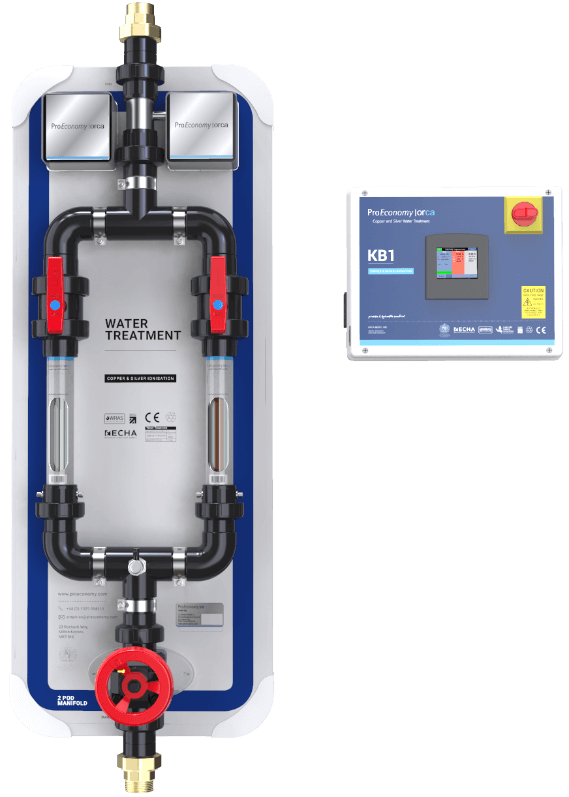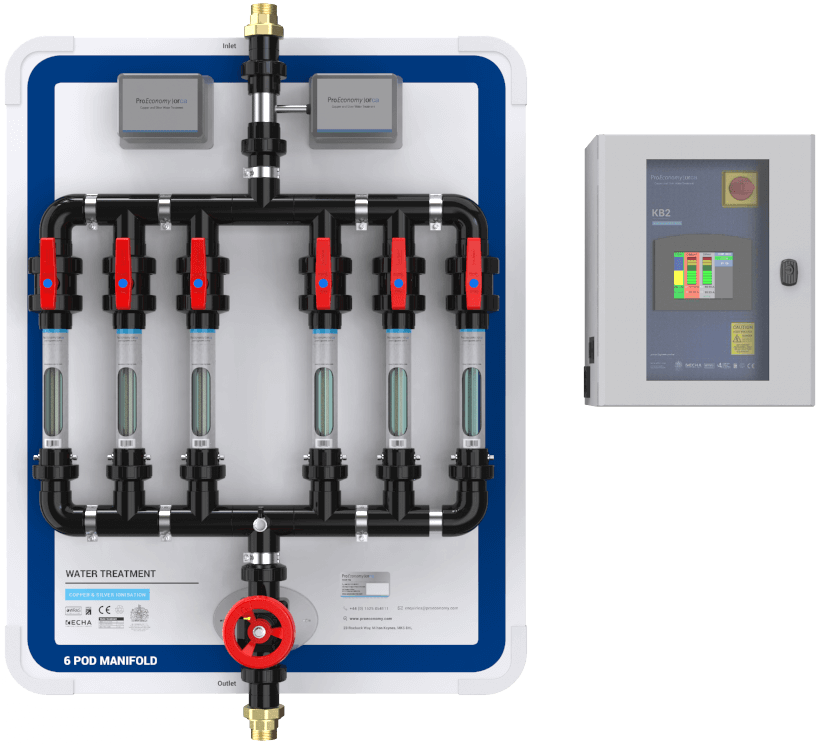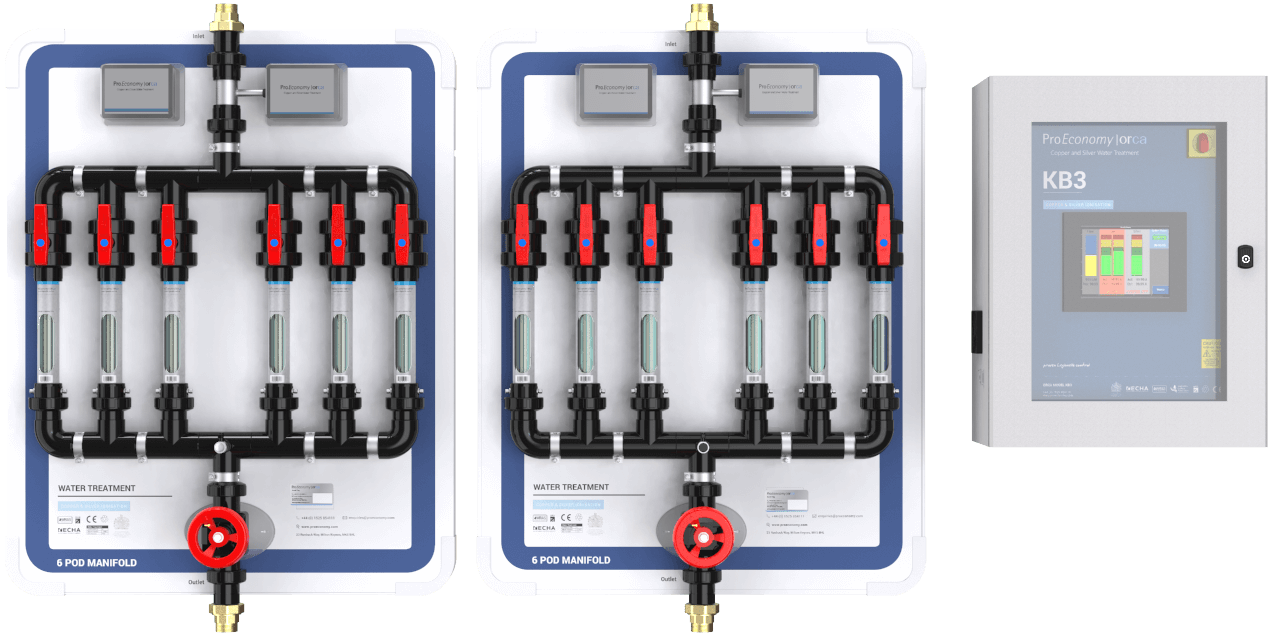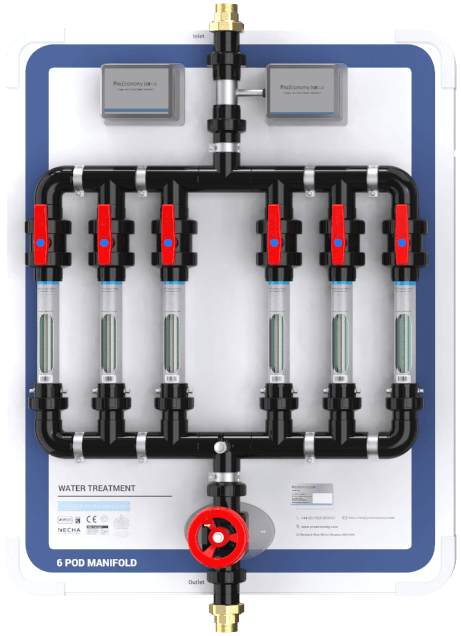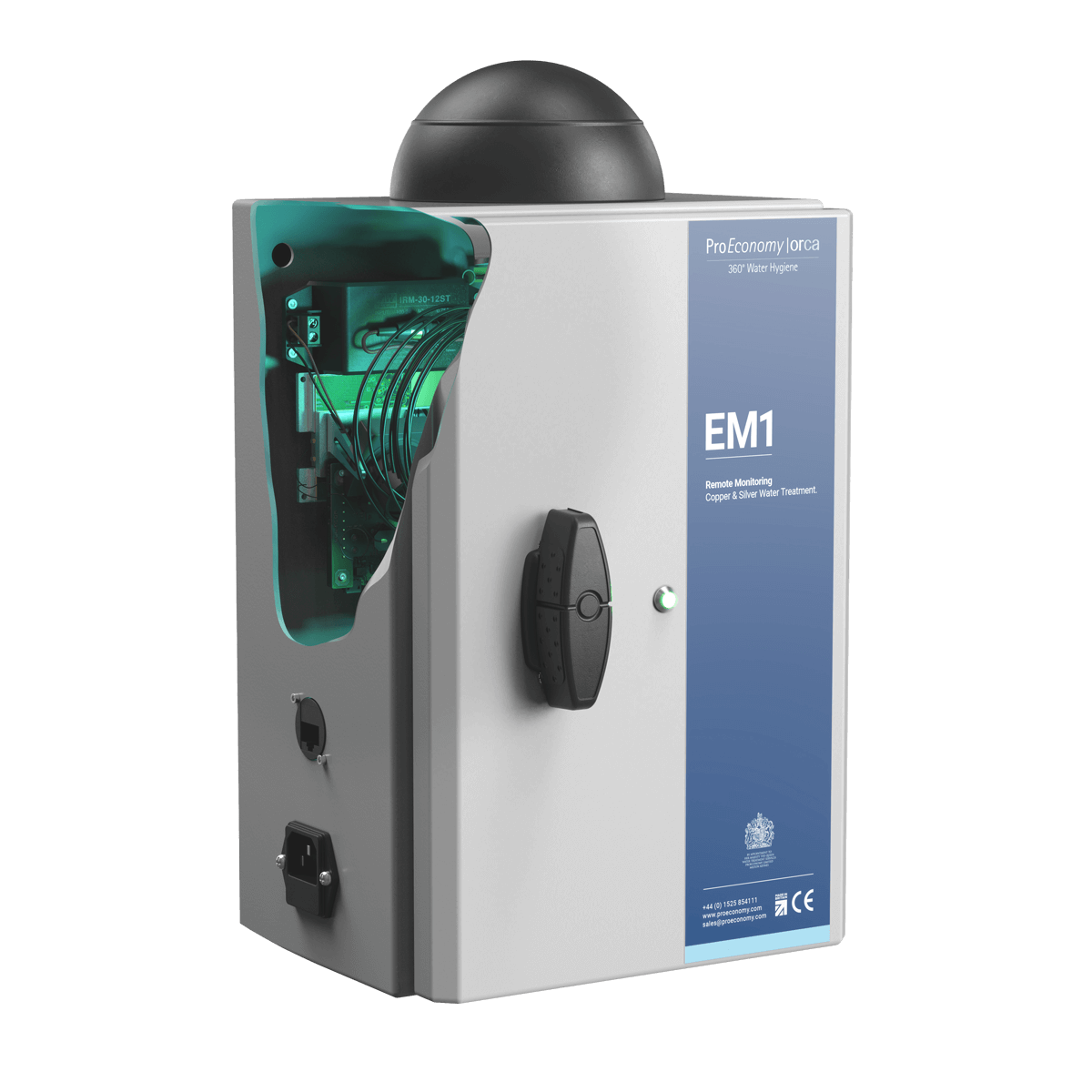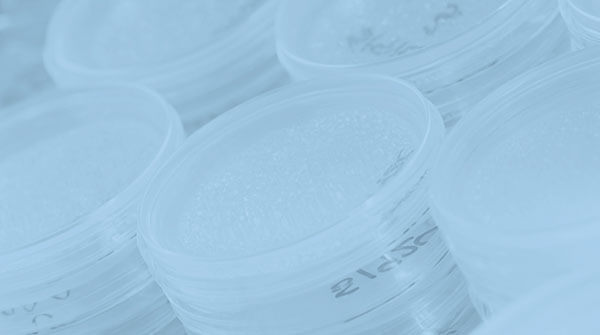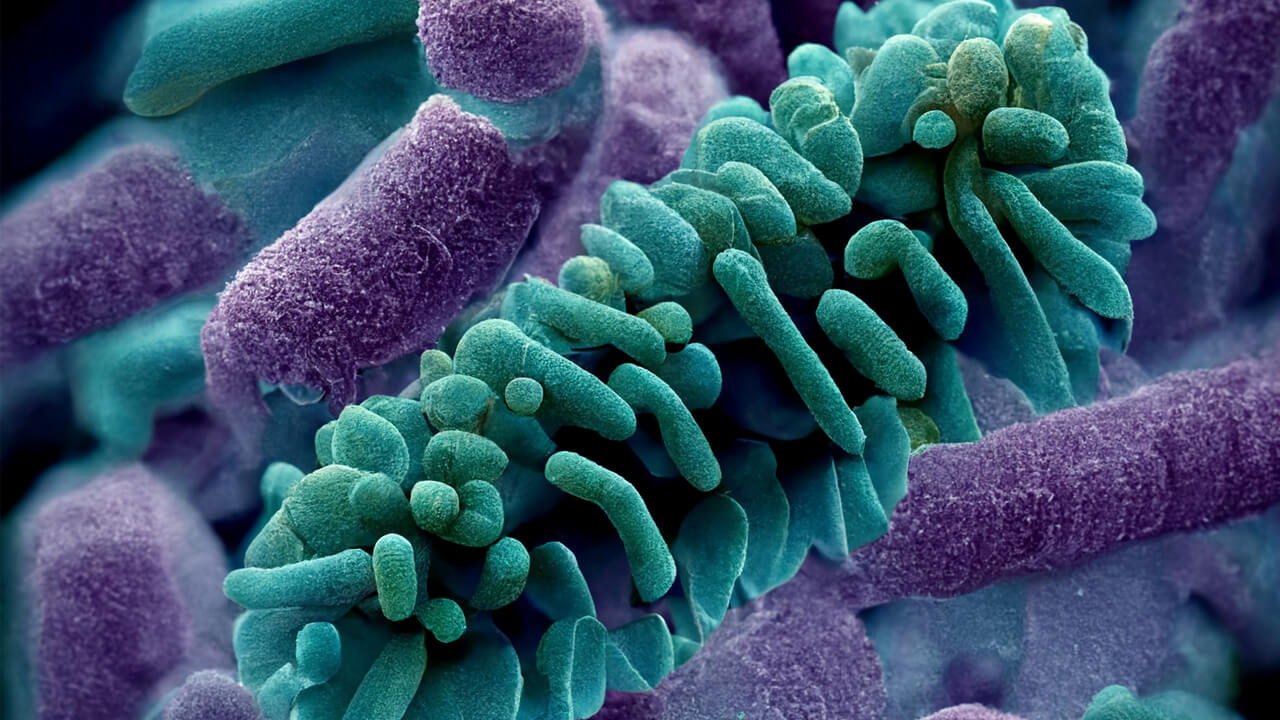
Legionella bacteria can proliferate in hot and cold water systems. Legionella bacteria in water systems can cause Legionnaires’ disease, which is a dangerous condition spread easily by inhaling microscopic droplets of water contaminated with the legionella bacterium.
The bacteria lives in water and grows quickly where certain conditions are allowed to occur. The disease can be deadly for anyone, but it is particularly dangerous for those in high-risk groups such as the sick and elderly.
Employers, landlords and others with a responsibility for managing buildings and are required by the Health and Safety at Work Act 1974 to carry out a risk assessment and depending on the outcome of that assessment, manage their hot and cold water systems in order to control the growth of the legionella bacteria.
The size of your premises and the complexity of your water systems and the vulnerability of the people who use them, will all dictate the extent of the control measures you need to take.
Technical guidelines?
The assessments and controls required for different kinds of buildings hot and cold water systems are detailed in the following technical guidelines:
The code of practice for legionella control:
L8 ACOP Legionnaires’ disease: The control of Legionella bacteria in water systems
Guidelines for hotels, hospitals and other large premises:
HSG274 Part 2 Legionnaires’ disease: The control of Legionella bacteria in hot and cold water systems
Guidelines for those running care homes etc:
Control of Legionella in hot and cold water systems in care services / settings using temperature
Every business needs to appoint and train a competent person to assess and control the risk of legionella bacteria growth in their hot and cold water systems. They need to understand how the systems they are responsible for work and their various constituent parts. These systems include:
- Smaller hot and cold water systems – non or low storage systems
- Hot and cold water storage – gravity fed systems
- Pressurised mains-fed water system
- Hot water storage only
- Cold water storage only – mains pressure hot water system
What you need to do?
In addition to this duty holders need to have access to a legionella risk assessment.
Depending on how the building is being used and the level of risk to users and occupants identified by the assessment:
- Controls need to be established and documented
- Schematics of systems need to be created
- Testing and inspection regimes established
- The results of any inspections, checks or tests need to be kept for a minimum of five years.
The range of measures that can/should be taken to control the growth of legionella bacteria in hot and cold water systems include:
Temperature control
Legionella growth is typically controlled in water systems through consistent temperature control.
- Hot water storage cylinders should store water at 60°C or higher
- Hot water should be distributed at 50°C or (55°C in healthcare environments)
- Cold water should be stored and distributed below 20°C.
- Competent individuals should check the hot water storage cylinder temperatures every month and cold water tank temperatures at least every six months to ensure the safety of users.
- Sentinel outlets, those closest and furthest away from each tank or cylinder should be checked monthly for their distribution temperatures. A competent person should routinely check, inspect and clean the system, in line with the risk assessment.
We can help here with our Tetras sampling and temperature monitoring system.
Click here to find out more: https://proeconomy.com/tetras-water-management-system/
Design and maintenance measures
Those designing and maintaining systems should seek to minimise Legionella growth by:
- Keeping pipe work as short and direct as possible;
- Adequately insulating pipes and tanks
- Using materials that do not promote the growth of Legionella (avoid fibre washers, hemp, natural rubber, linseed oil-based compound jointing).
- Preventing contamination by fitting tanks with lids and insect screens
- Hot water vessels should have a valve to remove accumulated sludge at the base of the tank, for annual removal of build-up.
- Avoid multiple linked storage tanks because of potential operational difficulties, possible unequal flow rates and resulting stagnation.
We can help here with our Reef service. Click here to find out more: https://proeconomy.com/reef/
Water treatment
Depending on the level of risk of bacteria growth and the vulnerability of those using the building, some premises require additional or alternative risk controls for their hot and cold water systems. These include treating water with:
- Copper and silver ionisation,
- UV radiation,
- Chlorine dioxide,
- Ozone
In these cases there are specific regulatory requirements for maintaining treatment regimes, including weekly, monthly and annual testing to prevent over or underdosing.
We can help with our copper and silver water treatment system.
Click here to find out more: https://proeconomy.com/tetras-water-management-system/
Conclusion?
The requirements for documenting, monitoring and controlling the risk of legionella growth in hot and cold water systems can be extensive and onerous. Individuals responsible for these duties need the right training to ensure watertight and demonstrable compliance.
At ProEconomy we can help with all aspects of Legionella control, including copper and silver water treatment, software backed water sampling, cloud based documentation storage and engineering remediations.
We are on a mission to take the stress out of controlling Legionella at your site and we have helped hundreds of clients across the UK and beyond remain compliant whilst controlling Legionella across their water systems.
